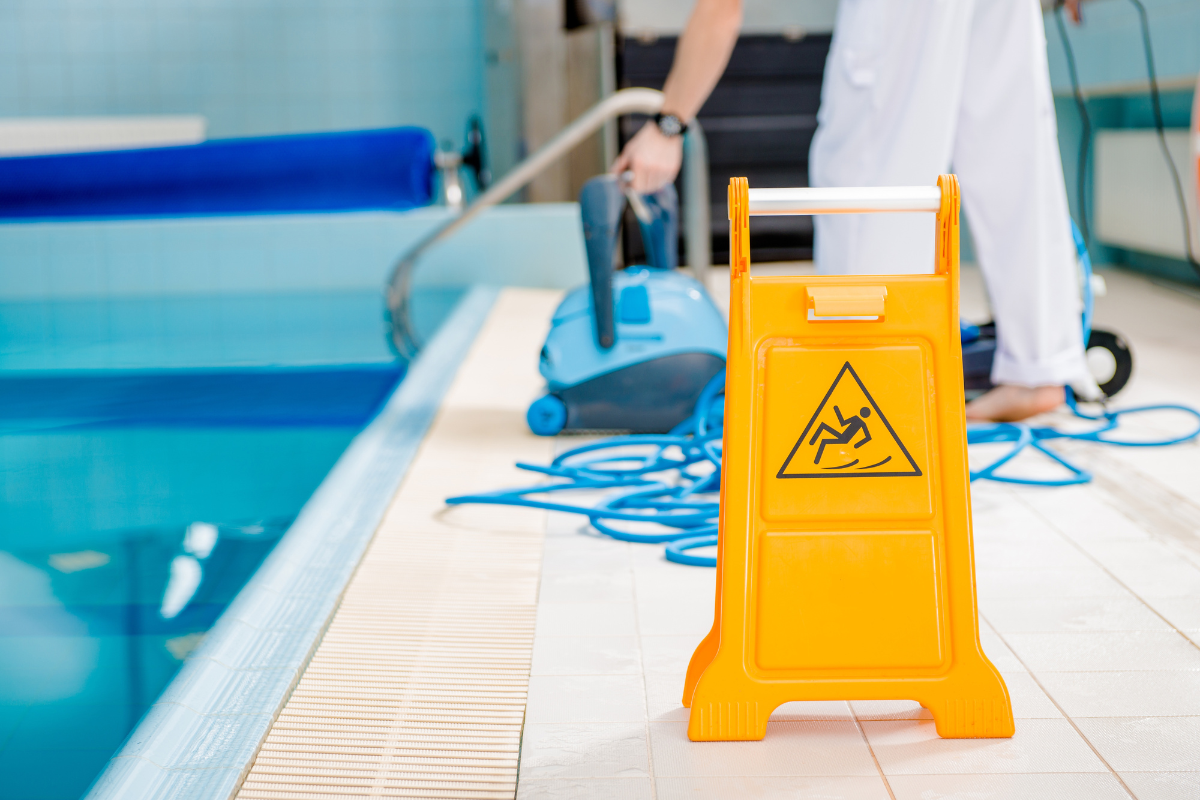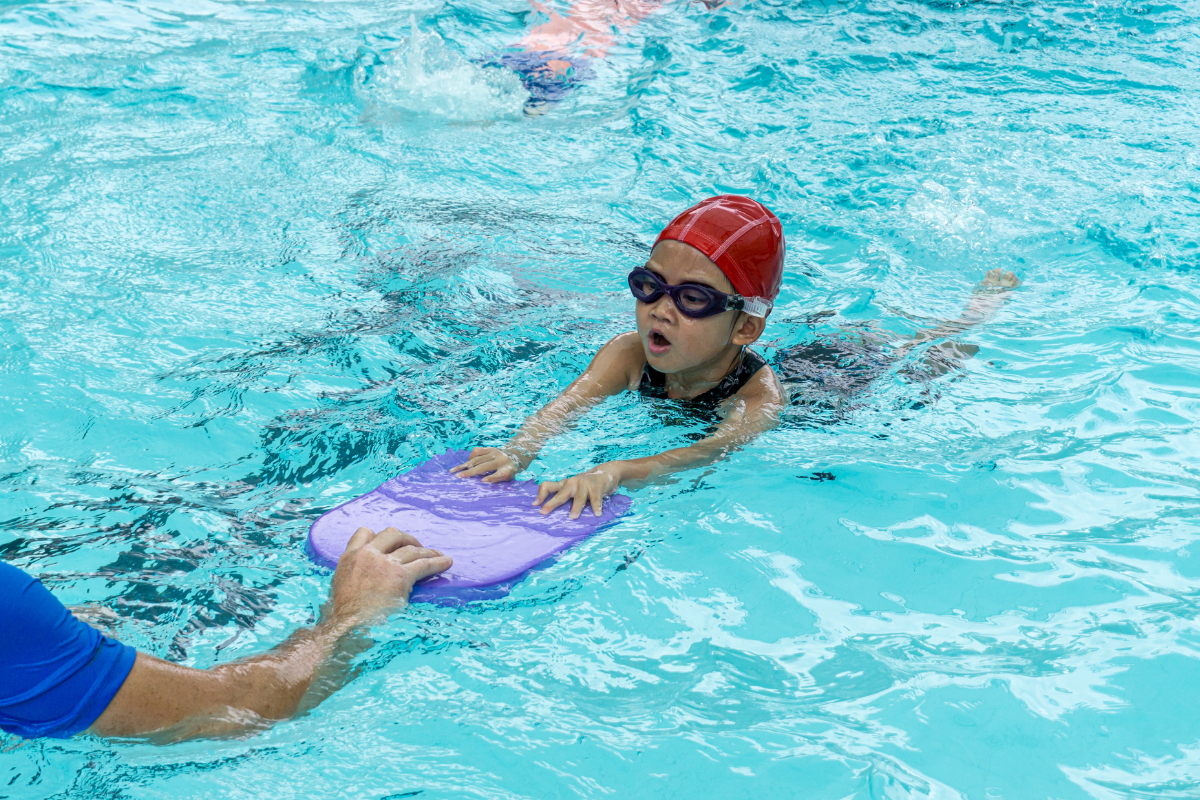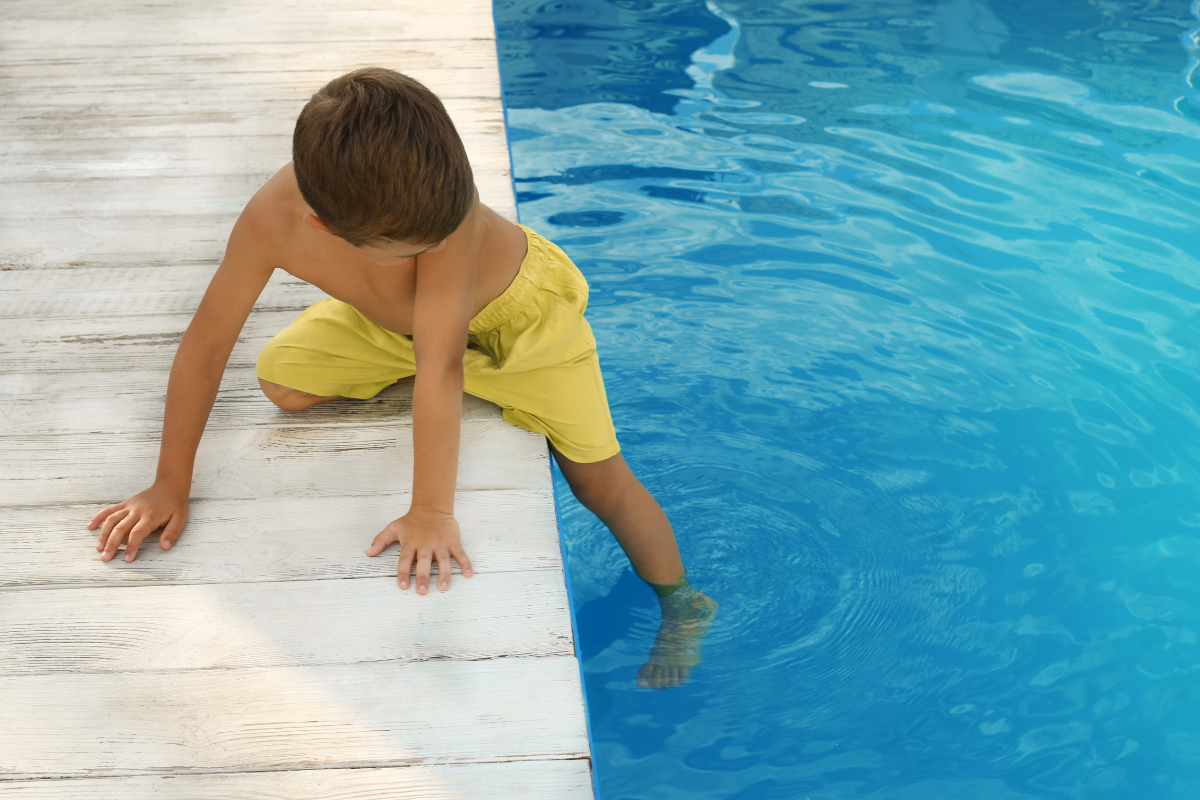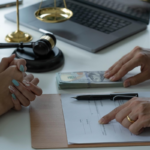Swimming pools are a popular choice for activities, especially in the summer season. However, it’s essential to recognize the risks they pose when proper safety measures are not in place.
Unfortunately, accidents at swimming pools can lead to injuries or even tragic outcomes.
In such cases, it becomes crucial to comprehend the responsibilities and liabilities that come with owning a pool as well as implementing necessary water safety precautions. This blog post aims to explore these aspects in detail.
Post Contents
Legal Responsibilities Of Pool Owners
Whether individuals, businesses, or public entities own swimming pools, they have obligations to ensure the safety of their facilities.
The nature and purpose of the pool, along with state laws, influence these responsibilities, and to understand them better, you can book a free consultation today.

Some common legal duties for pool owners include:
1. Maintaining A Safe Environment
It is vital for pool owners to guarantee that both the pool area and its surroundings are free from hazards or potential dangers.
This involves installing fencing, ensuring equipment is properly secured, and keeping the premises clean and visibly safe.
2. Upkeep And Inspections
It’s important for pool owners to regularly maintain and inspect their pools to identify and address any safety issues.
This includes checking for malfunctioning equipment, ensuring the water conditions are safe, and addressing any defects that arise.
3. Following Building Codes And Regulations
The construction and operation of swimming pools are governed by codes and regulations.
Pool owners need to comply with these requirements, obtain the necessary permits, and prioritize the safety of both the pool itself and its users.
4. Clear Signage And Warnings
Pool owners should provide signs and warnings to inform users about risks, such as indicating the pool’s depth, restrictions on diving, or supervision requirements for children.
5. Supervision And Lifeguards
Depending on the circumstances, pool owners may be obligated to ensure supervision or have lifeguards to ensure swimmers’ safety. This responsibility is particularly crucial in public pools that experience user traffic.
Preventing Accidents Through Water Safety Measures
Aside from the obligations of pool owners, individuals should take measures to promote water safety and prevent accidents.
Here are some vital considerations:
1. Learning Swimming Skills
It’s crucial for individuals, especially children, to acquire swimming skills as it significantly reduces the risk of accidents.
Swimming lessons and training in water safety are highly recommended for anyone who uses a swimming pool or has access to one.

2. Never Swim Alone
It is always advised to have at least one companion when swimming, even if you have experience. This ensures that there is someone in case of emergencies or accidents.
3. Use The Safety Equipment
It’s important to have access to and use safety equipment like life jackets or floatation devices whenever necessary. This is especially crucial for swimmers or children who may not feel confident in the water yet.
4. Consistently Supervise Children
Children should be under supervision while they are near or in a pool. Adults should continuously monitor them, being aware of hazards and their responsibility to ensure the children’s safety.
5. Avoid Consuming Alcohol
Drinking alcohol affects judgment and coordination, increasing the risk of accidents around swimming pools. It is best to refrain from drinking alcohol while swimming or supervising others in the water.
When Swimming Pool Accidents Occur. Seeking Legal Assistance
Despite taking precautions, accidents can still happen in or around swimming pools. If someone sustains an injury due to negligence or a breach of responsibilities by a pool owner, they may have options available to seek compensation for their damages.
Getting advice from a personal injury lawyer can be really helpful for victims. They can provide guidance on understanding their rights and navigating the process to make sure those responsible are held accountable.
Conclusion
The responsibility for swimming pool safety is shared between pool owners and individuals who use the pool.
It’s important for pool owners to fully grasp and fulfill their obligations in order to maintain a safe environment.
At the same time, individuals should also take precautions for water safety, such as learning how to swim, using safety equipment, and ensuring supervision to prevent accidents.
When we work together, we can promote water safety and reduce swimming pool accidents, creating a secure experience for everyone involved.






























